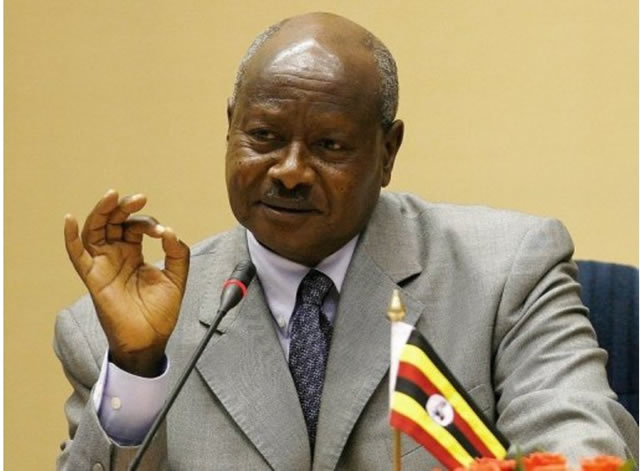Violence escalates in East Africa

MOMBASA/KAMPALA. — Armed assailants have attacked a camp of police reservists and burned down nearby homes and businesses, a regional official said yesterday, as violence escalates on Kenya’s northern coast. But there were no reported deaths. In the nearby coastal town of Lamu, residents reported finding leaflets strewn about, apparently from a Somali Islamist group, threatening Christians and the government.
The government has promised to track down those behind attacks on coastal towns and villages, most of which have been deadly, but worried locals say the repeated assaults show the state is not doing enough or is powerless to stop them.
Hundreds of families have fled homes in Lamu County, where the worst attacks have occurred, sheltering in camps near police posts or fleeing the region altogether.
A once vibrant tourist trade in the area and all along the coast has been hammered.
“The assailants attacked a camp belonging to Kenya police reservists in Hindi and burnt it down before they burnt down other houses and businesses in Amu Ranch,” Lamu County Commissioner Miiri Njenga told Reuters.
The attackers, who struck late on Monday, also set vehicles on fire.
Hindi was the site of an attack on Saturday that killed 9 people and Amu Ranch is nearby. Both are close to Mpeketoni area, the site of two assaults in mid-June that left 65 people dead. Raising tensions, residents of Lamu, a historic Arab trading port and capital of the county, said leaflets were spread in the town warning Christians and the government not to victimise Muslims, without saying what could happen if they did.
The leaflets, which were pinned to electricity polls and trees or simply found strewn on the ground, bore the emblem of the al-Shabaab Islamist group, which claims most attacks and has vowed to drive Kenyan and African Union forces out of Somalia.
“We think they are meant to instil fear in locals who are not originally from here (Lamu) and we are trying to establish the source and authors,” Njenga said.
The government has said recent attacks had nothing to do with al-Shabaab and instead blamed local groups — seen as directed at their political opponents. Police have also suggested a coastal separatist group could have a role.
Meanwhile, eight people were wounded, one seriously, in a bomb blast in a restaurant late on Monday in the northern Tanzanian town of Arusha, police said yesterday.
“No one died but eight people were wounded, one is in a serious condition,” top Tanzanian police officer Issaya Mngulu said.
“It was an improvised explosive device thrown through a window.”
The attack took place at an upmarket Indian restaurant popular with foreigners and wealthy Tanzanians in the centre of town.
The attack is the latest blast in Arusha. Three people were killed and 60 wounded in June 2013 in Arusha when a grenade was hurled into a political rally by an opposition party. A month before, attackers wounded 30 when an improvised bomb exploded in a Catholic church in Arusha. There is no indication the blasts were linked, or who carried out the attacks.
In Uganda, President Yoweri Museveni said yesterday gunmen carried out 13 co-ordinated attacks against security forces near the country’s border with the Democratic Republic of Congo but were repulsed before they could overrun a strategic barracks.
Museveni said the attackers used guerrilla tactics and looted weapons from soldiers and police in two western districts.
The attacks, which took place on Saturday, have sparked fears of a return to rebellion in a region that once was the scene of a deadly insurgency by rebels who accused the central government of neglect.
At least 65 people were killed. Museveni said the attacks signified a “failure of intelligence” and blamed the violence on “sectarianism” in the region. — AFP/Reuters/AP.










Comments